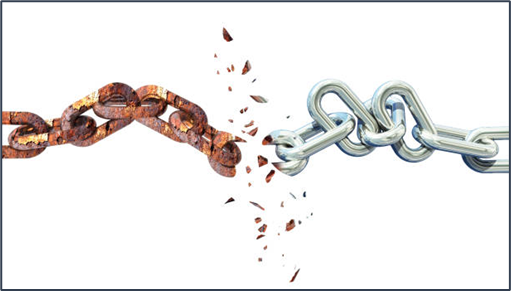
ACHIEVE YOUR DREAMS. Every individual has a dream, a vision of what they aspire to be or achieve. However, reaching one’s dream is not a walk in the park; it involves a series of well-thought-out steps, unwavering focus, and consistent effort. The first step in this journey is to clearly define what your dream is. […]

Whether it’s a romantic partnership, friendship, or even a family dynamic, toxic relationships impact our well-being, hinder personal growth, and drain energy. Understanding these types of relationships is crucial for overall happiness and success. In this blog, we will explore the signs of toxic relationships, their effect on our lives, and strategies for breaking free […]

In memory of Barbara Jean & David Wedgeworth, parents of Dr. Velma “Jean” Stanley, Licensed Psychologist Loss. Such a small word. Yet, when the loss is experienced, particularly in losing a loved one, few words compare when considering life-changing events that can restructure a person’s world, crush the heart, or leave a person literally shaken […]

In life, we often find ourselves holding onto things that no longer serve us. Whether it’s past mistakes, toxic relationships, or limiting beliefs, these attachments can weigh us down and hinder our personal growth. However, by learning the art of letting go, we can create space for new opportunities, experiences, and personal transformation. In this […]

Embracing Change Change is an intrinsic part of the human experience, a constant that shapes our journey from the cradle to the grave. And yet, despite its inevitability, it is also one of the aspects of life that we often find most challenging. While some changes — such as marriage, birth, or a new job […]

Managing Anxiety Anxiety is a prevalent mental health condition that has a significant impact on a person’s daily life. Effectively addressing anxiety entails employing various strategies to alleviate and manage its symptoms. One practical method is cognitive-behavioral therapy, which assists individuals in recognizing and modifying negative thought patterns and behaviors that contribute to their anxiety. […]

Parenting Strategies I have known many adults who describe themselves as not worrying at all before having children and then found themselves worrying quite a bit after their children were born. I also know many people who worried prior to having kids, and now worry even more now that they are parents. Of course, there […]

Effective conversation helps parents create lasting, meaningful relationships with their kids. These 10 powerful statements can get you started on your way. The Pew Research Center recently showed parents across America a list of 10 skills, asking the question: “Which of these skills is most important for a child to get ahead in the world today?” […]

By Ellen Hendriksen, Ph.D. You may be self-sabotaging without even realizing it. Whether you refer to it as self-defeating behavior or standing in your own way, self-sabotage can interfere with the best-laid plans and goals. Why do we do it? Turns out there are many reasons why, instead of shooting for the moon, we end up aiming right […]

By John D. Rich, Jr., Ph.D. Are you a Perfectionist? The pressure to be perfect can be a source of motivation, or a source of great anxiety. My son Josiah is on the freshman football team at his high school. He had his first game of the season on Wednesday. For almost a week leading up to that […]

By Hal Shorey, Ph.D. Identify Underlying Relationship Issues. My last round of blog posts centered on the idea that you can intentionally change your thoughts, feelings, and behaviors around relationships. In this article about relationship issues, we discuss understanding your attachment style and the styles of the people you are in relationship with. Each attachment style deferentially […]

By F. Diane Barth, L.C.S.W When You Feel Like Trust is Missing We live in a time when everyone is talking about trust and no one seems to be feeling much of it. Have you, like many others, lost faith in the government, your relationships, and maybe even yourself? Before we talk about what you can do about […]